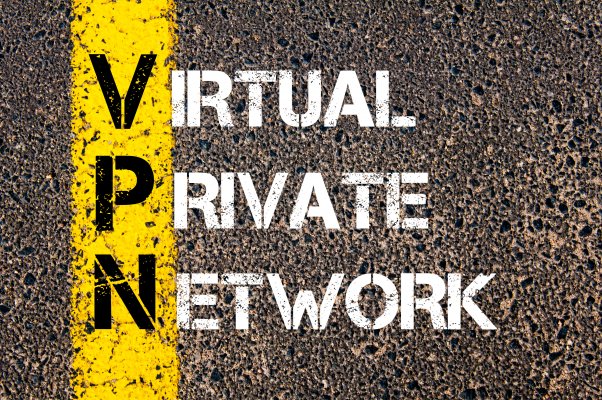Virtual private networks (most commonly known as VPNs) are something every internet user should use. They are a great solution to making your browsing experience safer, to maintain privacy and to help you access geo-restricted content.
VPNs work by encrypting your data and making you look like you are located somewhere else than you really are, depending on the location of your VPN server.
There are a lot of advantages in using a VPN, and you can find more on that topic here, but in this article we are going to tackle another aspect: what makes a good VPN? What should you look for when in the market for a VPN, to make sure you choose a good provider.
People are reticent when it comes to spending money. They only do it when absolutely necessary and they always try to go for the most affordable and financially responsible solution. This also applies to VPNs. And since there are plenty of free VPNs out there to choose from, it is only natural to ask yourself why should you pay for one? Is a paid VPN better than a free one? Well, generally speaking, yes! Some reliable free VPN services can be better than nothing when you are using a public WiFi for instance. Even a free VPN can offer you some extra security against potential Internet dangers: malware, spyware, viruses, etc. But in most cases, they are still not safe enough and malware can still get through. Most of them don’t have built-in encryption, which means no security for you. They are also limited in features, whether it is the number of available servers, speed, customer support and more. Learn more about the disadvantages of using free VPNs. That is why in most cases a paid VPN is better than a free one.
What makes a good VPN
Here are the most important factors to consider when choosing a VPN, to make sure you make the best decision:
- Supported protocols: all VPNs use certain protocols in order to encrypt your data and keep you secure online. There are 5 major protocols/combinations which are the most commonly used: PPTP, OpenVPN, L2TP/IPSec, SSTP, IKev2/IPsec (You can learn more about each of them here). But to summarize, a good VPN shouldn’t use the PPTP protocol, because it is very outdated and a poor choice when it comes to encryption and security. The OpenVPN is what you should aim for. Another good option for mobile devices, both iOS and Android-based, is L2TP/IPsec
- Servers and their locations; a good VPN should have a large number of servers, located in as many areas of the Globe as possible. A large number should mean thousands or at least hundreds. That is important for when you want to access geo-restricted content in some areas, or you want to beat censorship and restrictions found in some locations such as China. You want to make sure you have enough options to choose from when it comes to available servers, depending on your needs
- Bandwidth. A good, paid VPN provider should offer unlimited bandwidth, because otherwise it will be pretty useless, given how fast that data burns up when we are streaming HD videos and so on. This is one major disadvantage with free VPNs, as most of them are limited in bandwidth, to 500MB, 1GB, 2GB, 10GB/month, depending on the provider
- Privacy policy. A good VPN should protect your privacy and by that we mean it should have a zero-log policy. Your online activity should not be monitored and your personal details should be kept private. There are providers who sell your data to third-party companies for money. Make sure you read the privacy policy carefully before you input your personal details and sign up for any VPN service
- Available number of simultaneous connections and available types of devices. We no longer use a single desktop computer or laptop to connect to the Internet. Nowadays, we connect to the Internet everything from our computers, tablets, mobile phones, our gaming consoles and so on. All of them are exposed to online risks and should benefit from a secure VPN. That is why a good VPN will offer support for as many types of devices as possible. Another issue is the one of simultaneous connections allowed. You may want to use your VPN for another family member or on more than one device. The rule of the thumb here is the more simultaneous connections allowed, the better. You should not settle for anything less than at least 2, although there are providers that offer 7 or even unlimited connections (which is the case of Windscribe for instance)
- Automatic kill switch feature. This is a tool you definitely want your VPN to have. What the kill switch does is it automatically blocks all traffic in case the VPN connection fails/drops in any way, so you won’t be left exposed to online threats
- Speed. This is an important aspect, because in most cases, VPNs will slow down the performance of your device, even if not by much. Some providers display their connection speeds on their website, but just to be sure, you can sign up for the free trial (a good VPN provider should offer one of those, too) and test the speed yourself
- Customer support. Regardless of what kind of product or service you buy, a reliable, helpful and reachable customer support is essential. Read reviews about their support team and choose a provider that offers round the clock customer support.





